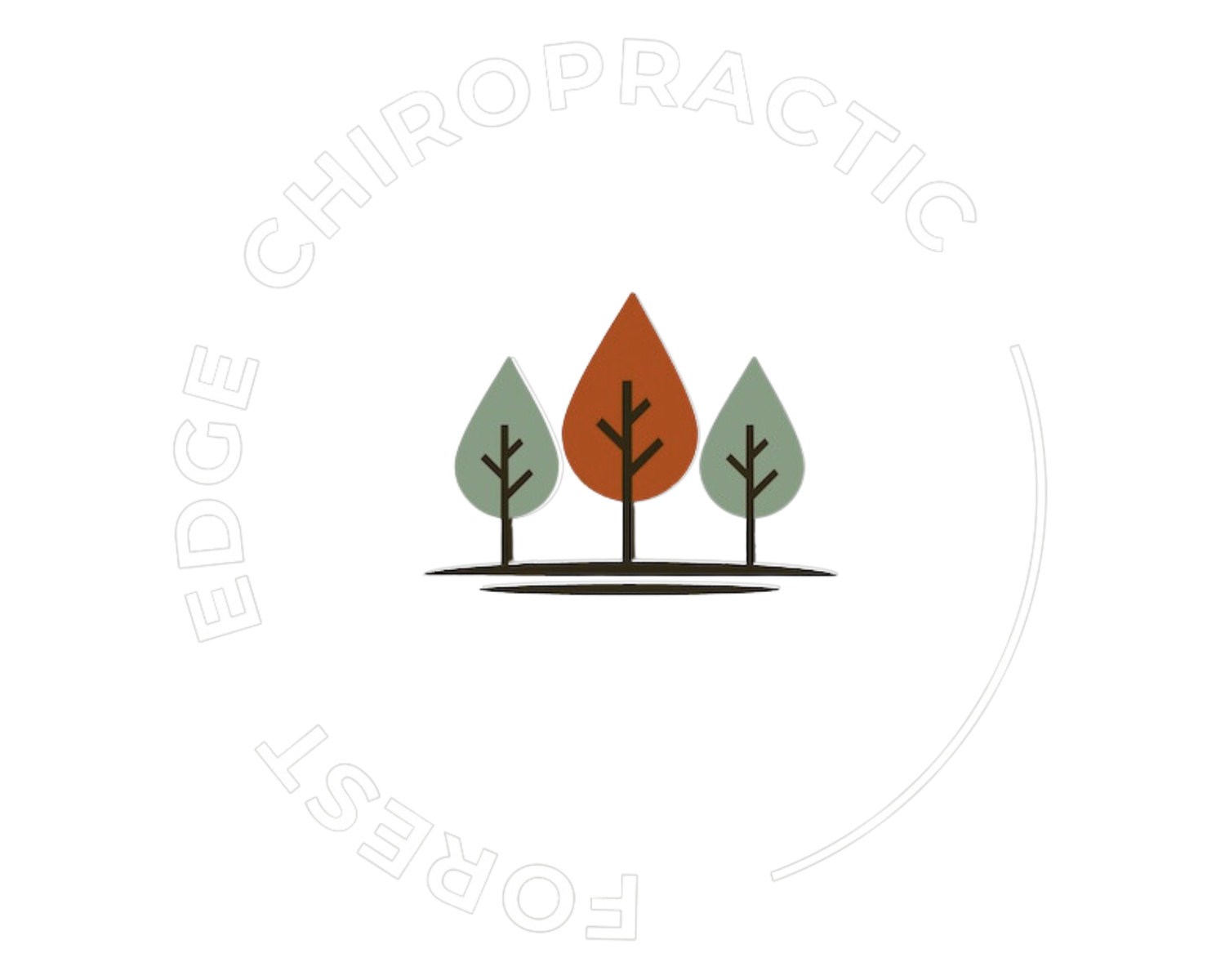Stress and musculoskeletal pain
I wanted to write a bit about stress and how it affects us. It plays a role in the symptoms of pretty much every patient I see, to some extent or other. And I thought it would be helpful for you to know a little about how it aggravates pain, and what you can do about it.
We have known for a long time that stress can have an effect on the musculoskeletal system. However, recent research has begun to uncover the intricate relationship between how stress affects us on a daily basis. In particular, how stress can influence both muscle tension and our perception of pain.
One of the primary ways stress affects the musculoskeletal system is through increasing muscular tension. When we experience stress, our body activates the sympathetic nervous system - the "fight or flight" response. This acts to increase tension in our muscles in order to get them ready to run away from the potential/actual threat. And that’s jolly useful if the stress is a car coming from nowhere as you’re crossing the road. This is not quite so useful when modern life means we live in a state of chronic stress. In this instant, we can end up with prolonged muscle tightness, particularly in areas like the neck, shoulders, and back. Not only is tightness in this area painful in and of itself, but it can also (via the mechanism of referred pain) lead to other symptoms such as tension-type headaches.
Research has also recently discovered that stress can exacerbate pre-existing musculoskeletal conditions. For example, studies have shown that people who identify as suffering from stress also report more frequent, and worse, episodes of lower back pain.
The impact of stress on the musculoskeletal system also extends to the inflammatory response. Psychological stress has been linked to increased levels of pro-inflammatory cytokines, which are substances secreted by our immune system which raise levels of inflammation throughout the body (Johnson et al, 2019). Chronic inflammation is generally pretty bad for us! And in terms of the musculoskeletal system, can worsen conditions such as discal pain, arthritis and tendinitis. So managing stress can be really important to reduce pain and improve functionality.
So what do we do about it? Well, a lot of my job is helping my lovely patients to identify causes of stress. Goodness knows it’s all around most of us most of the time! But taking steps to limit stress can be really helpful. Cognitive and behavioural strategies can be really helpful. Techniques such as mindfulness, breathing techniques, meditation and yoga have repeatedly been shown to reduce both stress and pain levels (Takahashi et al., 2022).
One really simple breathing exercise which helps to switch off the sympathetic nervous system is pranayama. These are yogic breathing exercises which have been shown in studies to reduce circulating levels of stress hormones and to lower blood pressure when practiced regularly for 12 weeks (Sharma et al, 2013). First up, remember to practice abdominal/belly breathing. When you breathe in, let your belly push forward as your lungs fill, rather than your shoulders rising.
To do the pranayama:
· Sit quietly, in a way in which you are comfortable. This can be in a chair, on the floor, in bed if you like.
· Close your eyes.
· Breathe slowly in through your nose for the count of 4.
· Hold for the count of 5.
· Breathe slowly out through your nose for the count of 8.
· Repeat 10 times. Each week, increase the number of cycles you perform, up to about 15-20 minutes in total.
There are apps which can be really helpful – Breathwrk, Headspace and iBreathe all use simple graphics to guide you through breath work exercises. All are free to download where ever you get your apps (you may have to pay for access to some parts of the app).
Honestly if I had a pound for every time I heard “I just don’t know what caused the pain –it came out of nowhere… yes I am quite stressed at the moment” then I’d be in a hawk/chicken/cat/horse paradise somewhere, with its own gin distillery…! So I hope it’s helpful to find out a bit more about how stress might be playing a role in your symptoms. And do let me know how you get on with any breathing exercises you try!
References
